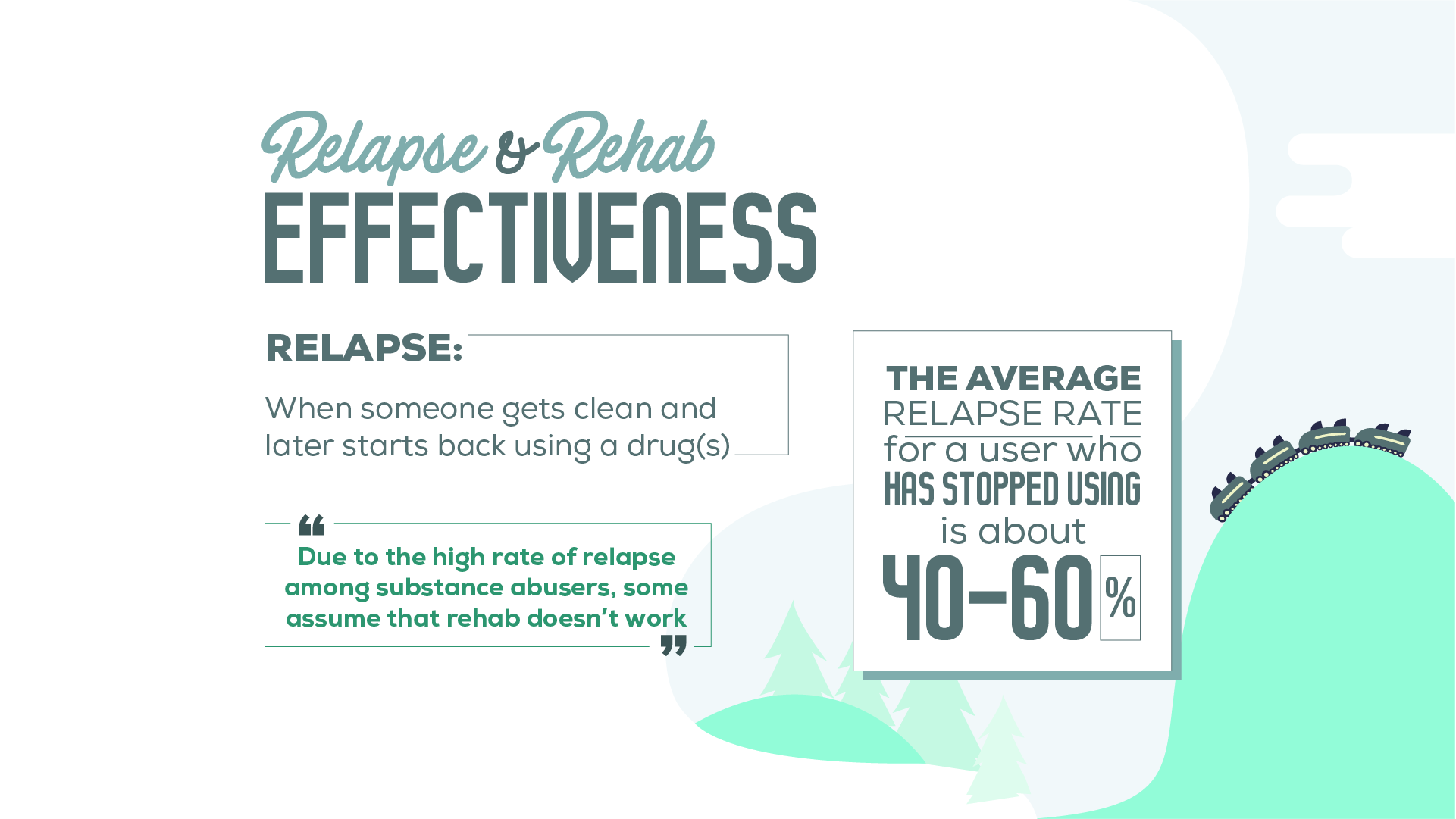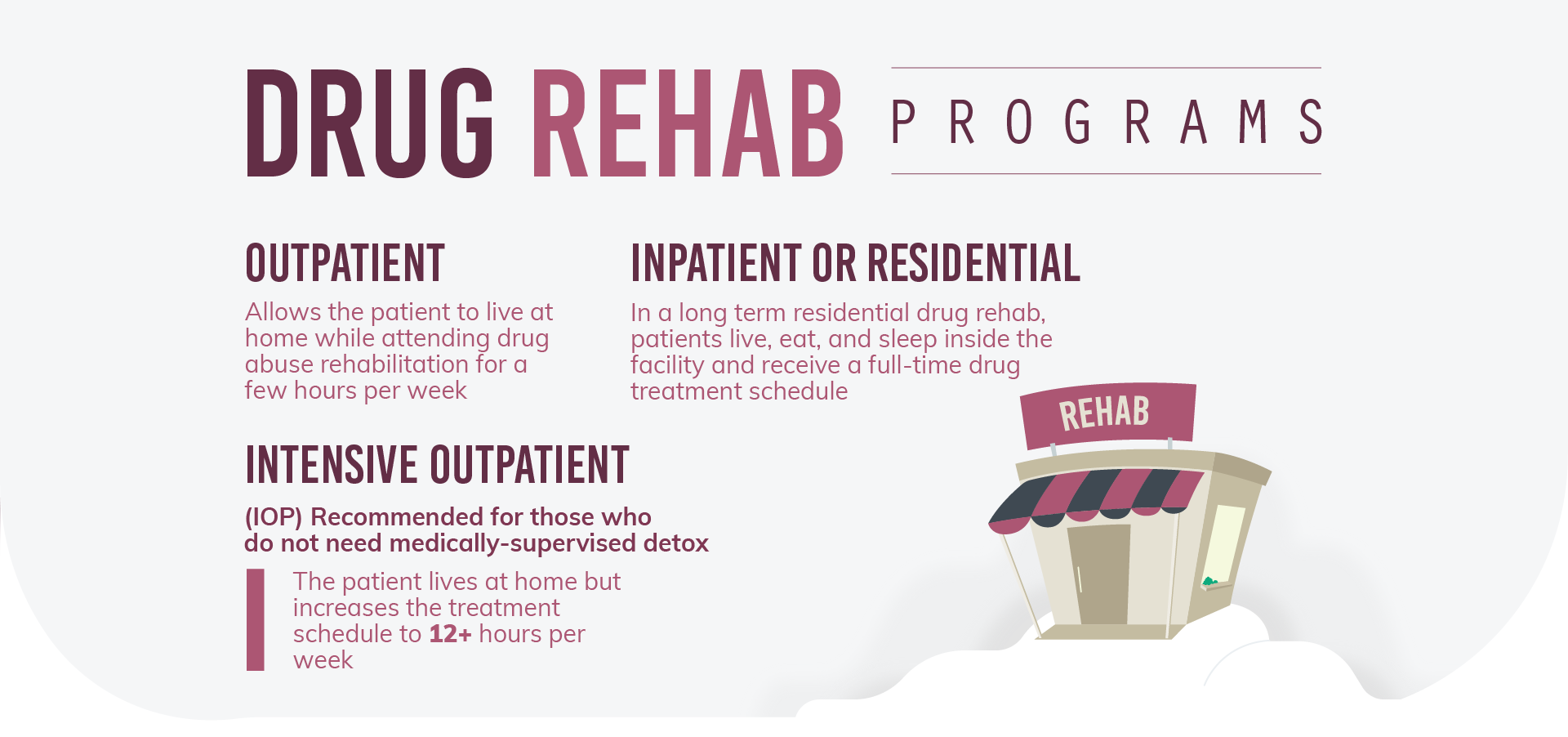The homeowners take an active role in this mode of treatment helping them to take responsibilities and become favorable good example. Some Healing Neighborhoods offer enhanced services for pregnant and post-partum females and their babies, that include coordination of prenatal/pediatric care. Social Model programs stress a sober living environment, peer counseling and case management.
Citizens are expected to be associated with the external neighborhood (through work, education, volunteer activities, and so on) Eligibility: For all three kinds of property services, individuals, eighteen years and older who are in early recovery from alcohol and/or other drug addiction. Top priority is provided to people with specials needs, cultural and linguistic minorities, homeless people, injection drug users, individuals included with the criminal justice system and individuals with or at risk for HIV/AIDS.
These programs offer a safe and structured restorative environment where females might get property substance dependency treatment services while still preserving custody and care of their children. Reunification with kids can take place while the mom is remaining at the program. Eligibility: Ladies with kids who are in early recovery and require assistance in establishing and maintaining life abilities required to accomplish drug complimentary living.
The 45-Second Trick For How To Fake Inpatient Drug Rehab
Programs provide shelter, coordination and case management of compound dependency treatment and other services for homeless households in order to support and sustain sobriety. Eligibility: The targeted population is identified as homeless caretaking parents or pregnant women, referred by the Department of Transitional Support, who have physical custody of at least one child and who have a persistent substance addiction issue.
Youth Residential Programs supply short-term property corrective services to youth in between the ages of fourteen and eighteen years who need a supervised environment to reinforce their just recently gotten sobriety - how much does outpatient drug rehab cost. Consists of diagnostic, counseling, academic and pre-vocational, recreational, and HIV/AIDS associated services. Eligibility: High-risk youth between 14 and 18 years of age who are experiencing psychological/ behavioral, family, developmental and/or social dysfunction as an outcome of their alcohol and other substance abuse.
Outpatient Counseling offers treatment for grownups and teenagers, their families, and/or their loved ones who are impacted by the use of alcohol or other drugs. Clients are assisted in acquiring and maintaining skills for a substance-free lifestyle. Provider include assessment and treatment preparation, individual, group, and family therapy. Eligibility: Anybody with issues about a compound addiction issue, or a household member/significant other who has concerns about someone else's substance dependency issue.
6 Easy Facts About Where Is There A Drug Rehab When You Have No Insurance Shown

Day Treatment and Extensive Outpatient Treatment are more intensive than Outpatient Treatment. Programs provide each client with a number of hours of therapy per day, up to four days a week including: private, group and household therapy, regression avoidance, contagious illness prevention, case management, and encouragement of using self help groups.

Acupuncture and recovery upkeep programs provide services for individuals with histories of compound addiction that need Substance Abuse Center treatment for mild to moderate withdrawal signs. Services consist of restricted medical screening and intake, inspirational counseling/case management and acupuncture treatments. Eligibility: Open to clients with moderate to moderate withdrawal signs. Service is not suitable for clients in need of a medically monitored detox.
These programs include specific, family, and group therapy and case management services. Eligibility: Customers should fulfill the criteria of pathological betting. Opioid Treatment provides clinically kept an eye on treatment services for clients who are addicted to opiate drugs such as heroin or pain medications and have a history of persistent regression. Opioid Treatment services combine medical and medicinal interventions (such as methadone or buprenorphine) with Find more info professional outpatient counseling, education, and trade services (how to start a drug rehab house).
Getting My How To Write A Letter To Someone In Drug Rehab To Work
Aftercare/ Recovery Support Services offer case management services to help link individuals and households to community supports such as self-help, housing, educational/vocational services and work. The Massachusetts Department of Public Health Bureau of Substance Dependency Providers supports 7 Peer Recovery Support Centers throughout the Commonwealth. These centers, situated in Brockton, Greenfield, Lawrence, Marlborough, Roxbury, South Boston, and Worcester serve as safe locations for individuals in recovery from compound usage conditions to support each other's recovery.
Since 2006, Massachusetts has been a leader in the development of Healing High Schools. These schools aim at fulfilling both the academic and recovery associated requirements of trainees with compound use disorders, by providing a safe and supportive alcohol and drug totally free environment. Recovery schools have been shown to decrease trainee's rates of relapse and increase their graduation rates.
The general objective for Supportive Case Management is to help adults and/or families in recovery to help them accomplish self-sufficiency. This goal is achieved through case management services within an alcohol and drug-free living environment that strengthens healing through developing community-based assistances to keep ongoing goals in the healing process.
A Biased View of How To Write A Letter To Someone In Drug Rehab
Eligibility: Guy or females who have actually been sober for at least three (3) months, and have actually a significantly restricted capability to live separately due to the fact that of a lack of income, diminished social skills, and/or inadequate social supports. Community Housing programs determine the targeted population as homeless families and individuals affected by substance addiction.
The Institute for Health and Healing at (617) 661-7277 coordinates access to the Neighborhood Real Estate Programs. Community based case management programs provide assistance services for individuals throughout the course of healing and aftercare. Case management services boost access to care, offer extra assistance for customers to enhance treatment outcomes and assist customers establish neighborhood contacts and supports for long-term healing.
Homeless Solutions supply compound addiction services to homeless individuals with alcohol and other drug problems. Most of these services are offered within the homeless shelter system. Drug Abuse Shelters for Individuals Drug Abuse Shelters for People (SASI) and the Pine Street Inn Night Center supply shelter for substance abusing homeless people whose habits is hard to manage and less suitable for shelter in the general shelter system due to their present substance use - how long are drug rehab programs.
Rumored Buzz on Where Can I Go For Drug Rehab Centers
PDPR is a Article source HUD-funded transitional encouraging housing program that provides subsidized rooms with some case management services to individuals in early recovery, mainly after cleansing. The intent is to bridge, in the short term, the time in between discharge from detox and admission into residential treatment, transitional or irreversible housing. Eligibility: Homeless people age 18 and older referred by a public ATS (detox) program, a homeless shelter, or outreach worker.
The McKinney meaning includes people living either: on the streets; in a vehicle; in a shelter; in a transitional housing program having originally originated from the streets or a shelter; and, those at instant threat of homelessness due to a discharge or eviction within one week. The Bureau of Compound Dependency Solutions manages the provision of substance addiction education and treatment alternative sentencing programs for those convicted of first or 2nd offenses of driving under the impact.
The Chauffeur Alcohol Education (DAE) programs are available to those people who consent to the alternative sentencing sanction as defined within Massachusetts General Laws for the offense of driving under-the-influence. Specifically, each DAE program participant is offered with a structured group where they get educational material to assist them recognize and comprehend alcoholism concerns and drinking-and-driving habits.